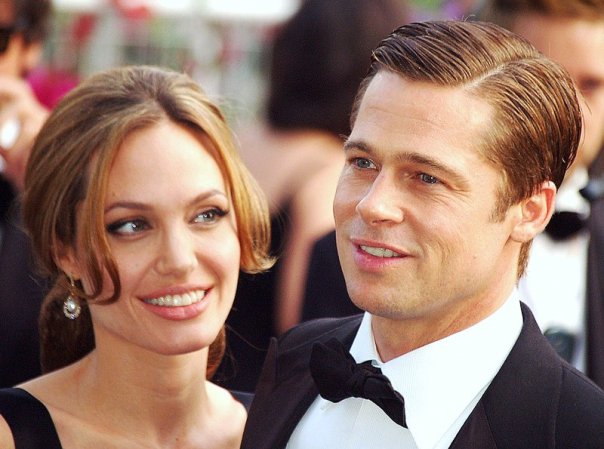As a pop culture junkie and someone who works with children ranging from ages six to 14, I say that one of the most unexpected perks is that I know what the kids are listening to and watching these days.
I also not-so-jokingly say that it is a reminder that I am getting older because the vast majority of actors, singers, and other entertainers that they mention are ones that I have never heard of or have only the vaguest familiarity with.
While the names and faces may have changed, the dedication that young people have to their idols has not. In fact, some of the intense debates I hear could have easily been lifted from conversations from my youth only with different players over who are the best.
It’s tempting to smile and think, “That’s just how kids are!” but the truth is, many of us don’t ever outgrow that. As a member of the mind/body community for 13 years and counting, I know first hand how many adults can become just as attached to various gurus, experts, teachers, with a ferocious that would top that of most teens.
I also think of some recent situations involving well-known yoga teachers.
While many people asked how anyone like them could ever even think of doing the things they were accused of, my response was, “Why not?”
The fact is, people are human. Power of any sort often goes to people’s heads. Being an amazing yoga instructor or amazing anything does not change that.
Still, it doesn’t change the fact that we often hold the people whose work we admire to higher standards than most others.
As an undergraduate at Wake Forest University, I had a student job at the art slide library and learned about many of the great artists. What often surprised me was how flawed most of them were. For example, most people know that Vincent Van Gogh suffered from mental illness for most of his life or that Jackson Pollock was an alcoholic.
Georgia O’Keeffe, while no doubt a great painter, nonetheless had a well-deserved reputation for being a less-than-pleasant person to be around as documented in the 2008 book, The Secret Lives of Great Artists.Then there is Pablo Picasso who arguably was the most influential and famous artist of the entire 20th century. His prodigious output of paintings, drawings, sculptures and collages was only slightly larger than his complicated personal life which included many lovers-a number of whom committed suicide-and numerous children who claimed as adults that he had little to nothing to do with him as adults.
Somehow, though, when most of us look at a work by any these artists or any others, we don’t care or think about their personal failings. Even if we do, then most of us don’t think, “But s/he was so talented! How could they possibly be so lacking in other areas of their life?”
Indeed, why should anyone else be held to a different standard?
While granted, I think all of us should act ethically and morally especially if we are acting as teachers, there needs to be an end to this shock that someone in such a position could ever be capable of an ethical breech.
Sometimes, seeing that our idols are human even be helpful. Years ago, again when I was at Wake Forest, I met a kindly old man at a lecture with a strong New York accent who mentioned he taught a humanities class there on Dante. (We attended an on-campus a lecture on Italian cinema.) He mentioned in passing that he had even published a translation. It wasn’t until afterward I realized that this was Allen Mandelbaum who published what was considered by many to have produced “the” ultimate translation of The Divine Comedy. Had I known who he was beforehand, I probably would have been star-struck. Instead, I saw him as just another person and someone who was very relatable. I will always treasure that first encounter.
Even a fall from grace can sometimes help someone whose ego has been pumped high for years to discover that they are human again.
In any case, when people ask me for advice on gurus, experts, etc., I always say that the most important thing to look for is one who acknowledges they aren’t perfect and don’t have all the answers. Anyone who claims otherwise should be avoided.
In the end, resisting the temptation to bow down to an expert or guru may be the best advice there is. While it is tempting to want to find the “perfect” yoga instructor, self-help coach, etc. in the belief that if we do what they say than somehow, our own lives will become better, more enlightened, etc., it isn’t a very good or realistic idea. There is no such thing as a perfect life, method or a perfect person.
Rather, true happiness and contentment comes only when we embrace the imperfect parts of life rather than avoid them.
Love elephant and want to go steady?
Sign up for our (curated) daily and weekly newsletters!
Author: Kimberly Lo
Editor: Renée Picard
Photo: Wikimedia Commons







Read 0 comments and reply